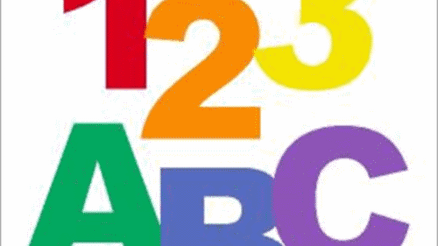There’s no formula for getting into college. No combination of high-school courses will ensure your admittance into your dream school. “We don’t prescribe a curriculum,” says Marlyn McGrath Lewis, director of admissions for Harvard College in Cambridge, Massachusetts.
The general idea is to take the most demanding courses your high school offers, assuming you can do well in them. An A- in advanced-placement calculus looks better than an A+ in pre-calc. But also know your limits.
“It makes no sense whatsoever to put yourself in courses in which you’re not able to thrive,” Lewis says. Nor is it necessary to take career-related programs, because 17-year-olds aren’t expected to know what they want to do with their lives.
Instead, do lots of reading and writing, and study a language for all four years, if possible.
But, Lewis cautions, don’t assume that you’ll be accepted into your “reach” school if you meet these basic requirements. Selective colleges have more qualified applicants than they can possibly admit.
This is where extracurricular activities come into play, because they demonstrate your motivation and time-management skills. If you’re juggling academics and an after-school job, make sure colleges know this. Be sure to inform them of any extenuating circumstances; they can’t give you credit for what you don’t tell them.
Standardized tests like the SAT and ACT also play a role, but your scores won’t make or break your chances of admittance. They simply help admissions officers put your high-school record into a national perspective.
“In general, they help us understand the rest of the academic credentials,” Lewis says. If you’re an A or B student, mediocre test scores won’t put you out of the running. Likewise, a stellar performance on the SAT can’t make up for an abysmal GPA. Consistent excellence is more impressive than any test score.
Most importantly, start early. Don’t wait until your senior year to start building your academic resume. “By the time a student is applying to college, most of that record—most of those accomplishments—have been achieved,” Lewis says.
About the Author
Dalia Wheatt is from Cleveland, Ohio. She has worked as an editor, freelance writer, and Spanish teacher.
Was this Useful for You?
If so, subscribe to our mailing list and get regular updates from us!
Thank you for subscribing.
Something went wrong.



